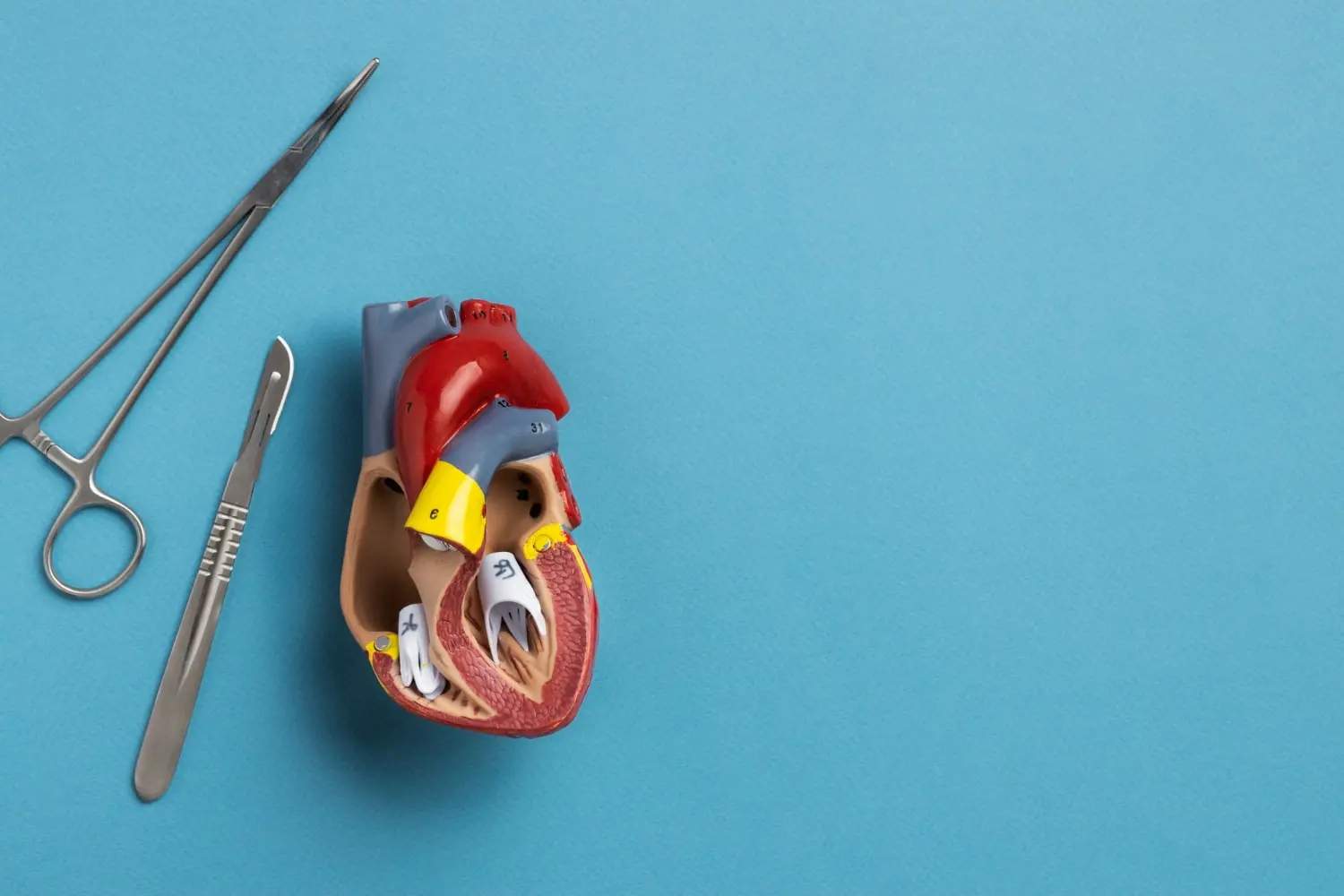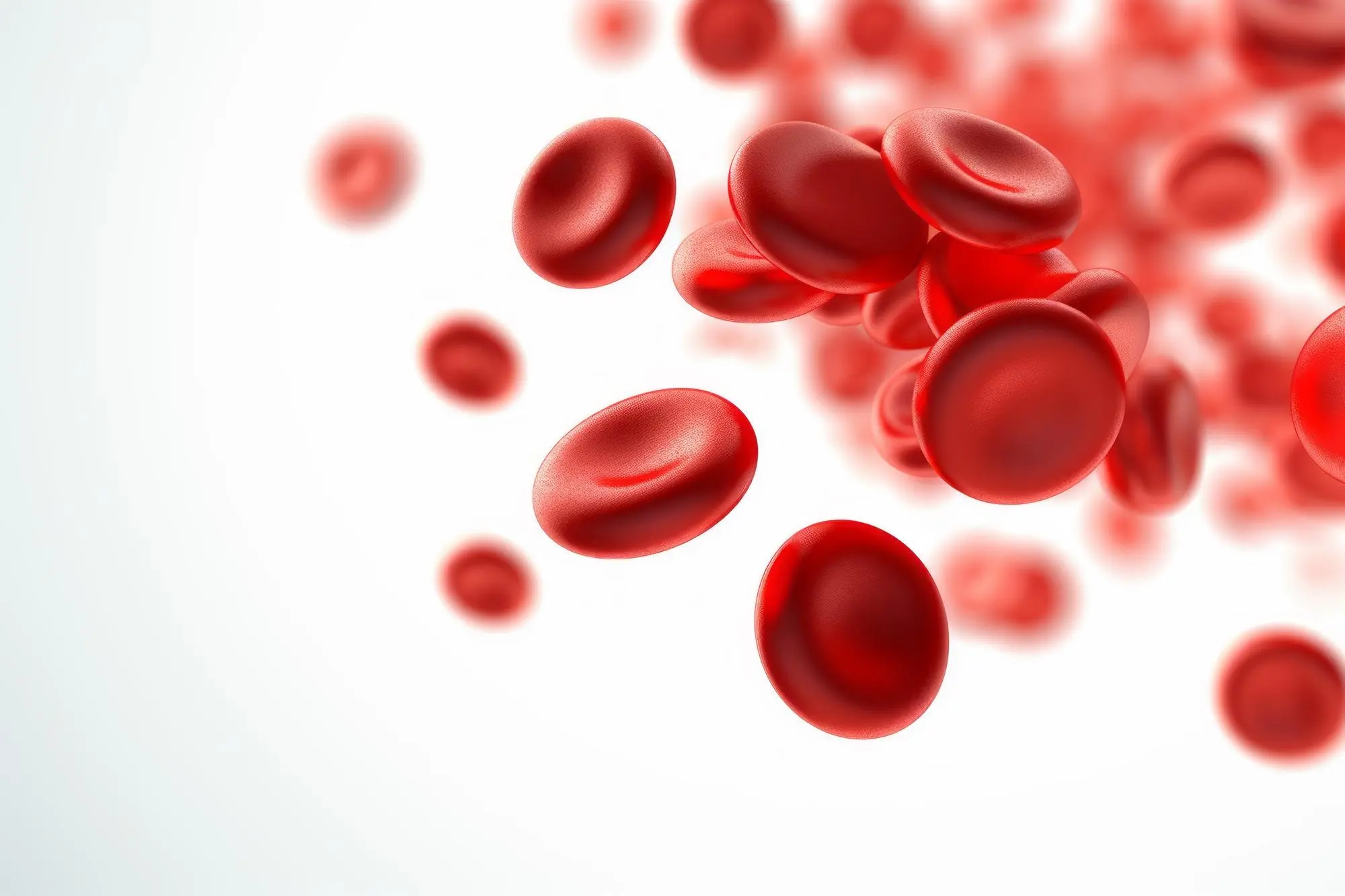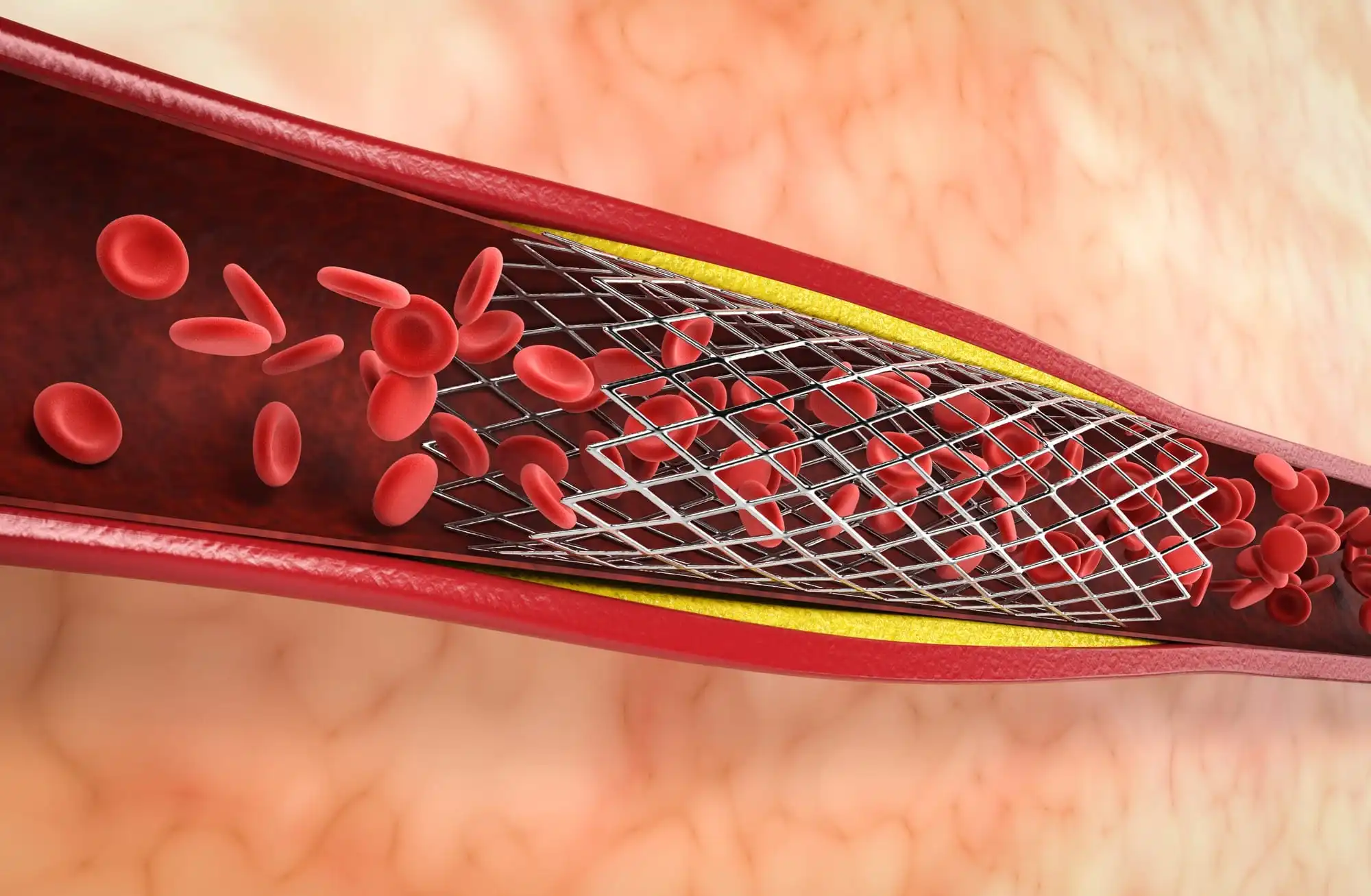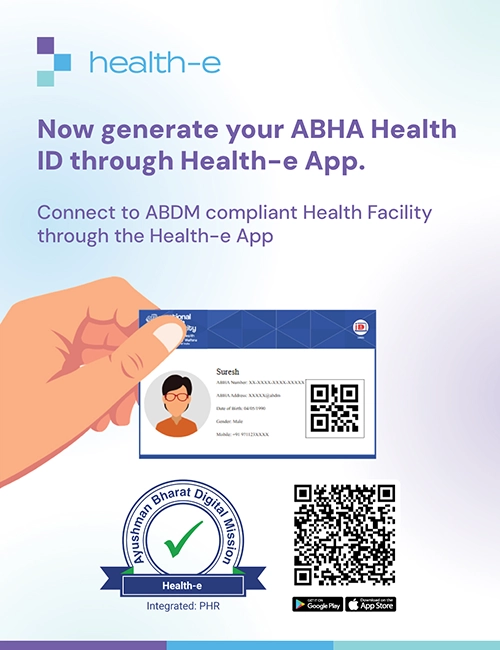What is Open Heart Surgery?
Why is Open Heart Surgery Required?
- Coronary Artery Disease (CAD)
- Valve Diseases
- Congenital Heart Defects
- Aortic Aneurysms and Dissections
- Heart Transplantation
Open heart surgery may be required for individuals with coronary artery disease, a condition that affects the blood vessels supplying the heart. By performing open heart surgery, surgeons can bypass or widen narrowed or blocked coronary arteries, improving blood flow to the heart muscle and reducing the risk of a heart attack.
In cases of valve diseases, such as aortic stenosis or mitral regurgitation, open heart surgery becomes necessary. Surgeons can repair or replace damaged heart valves during the procedure, allowing for improved blood flow and preventing complications like heart failure.
Certain congenital heart defects, which are present from birth, may require open heart surgery for correction. Surgeons can repair structural abnormalities, close holes in the heart, or reroute blood vessels to ensure proper circulation and prevent long-term complications.
When the aorta, the main artery that carries blood from the heart, weakens or develops an abnormal bulge (aneurysm) or tear (dissection), open heart surgery may be necessary. Surgeons can replace the affected portion of the aorta to prevent rupture or restore proper blood flow.
For individuals with end-stage heart failure, open heart surgery is required to perform a heart transplant. This procedure involves removing the diseased heart and replacing it with a healthy donor heart, offering a life-saving option for those whose heart function is severely compromised.
What Are the Types of Open Heart Surgery?
- Coronary Artery Bypass Graft (CABG):Among the most frequently conducted heart surgeries, CABG involves the replacement of a damaged heart artery or vein. This procedure entails utilizing an artery or vein from another part of the body to establish a new pathway for blood flow, bypassing the blocked artery and restoring adequate circulation.
- Heart Valve Replacement or Repair:This surgical intervention focuses on repairing or substituting a defective heart valve with an artificial valve. It can be performed through either an open-heart procedure or by inserting a catheter. By rectifying faulty valves, the surgery aims to restore normal blood flow and optimize cardiac function.
- Implantation of Pacemaker or Cardioverter Defibrillator (ICD):To address irregular heart rhythms or arrhythmias, medical professionals may prescribe medications or opt for an implantation procedure. Pacemakers or ICDs are employed in these cases and are inserted beneath the chest. These devices utilize electrical sensors and shocks to regulate and stabilize the heart’s rhythm, thereby promoting normal cardiac function.
- Heart Transplant:In cases of severe heart failure resulting from coronary artery diseases, medication alone may prove ineffective. Consequently, surgeons may undertake a heart transplant, replacing the diseased heart with a healthy heart graciously donated by a deceased individual. This procedure offers a potential cure and a chance at an improved quality of life for those with advanced cardiac conditions.
- Pericardiectomy: Considered a critical open-heart surgery, pericardiectomy entails the removal of the pericardium, the membrane surrounding the heart. This procedure aims to alleviate stiffness and enhance the heart chambers’ ability to properly fill with blood, thereby promoting improved cardiac function.
- Surgery to Place Ventricular Assist Devices or Total Artificial Hearts: When individuals are ineligible for a heart transplant, they may undergo a surgical procedure to implant ventricular assist devices or total artificial hearts. These devices serve as long-term solutions for individuals with malfunctioning heart ventricles, providing vital mechanical support and ensuring adequate blood circulation.
What is the cost of an open heart surgery in India?
- Coronary Artery Bypass Grafting (CABG): If you require CABG, the cost can range from ₹2,50,000 to ₹6,00,000 or more. This range takes into account various factors that contribute to the overall expense.
- Valve Replacement: When it comes to valve replacement or repair, different factors come into play. For mechanical valve replacement, the cost typically ranges from ₹2,50,000 to ₹5,00,000 or more. On the other hand, if you opt for a biological valve replacement, the cost can range from ₹3,00,000 to ₹6,00,000 or more. Valve repair procedures generally fall within the range of ₹2,00,000 to ₹5,00,000 or more.
- Other Procedures: If you require aortic aneurysm repair, the cost can range from ₹3,00,000 to ₹6,00,000 or more. Similarly, repairing an atrial septal defect (ASD) or ventricular septal defect (VSD) can cost anywhere from ₹2,00,000 to ₹5,00,000 or more.





